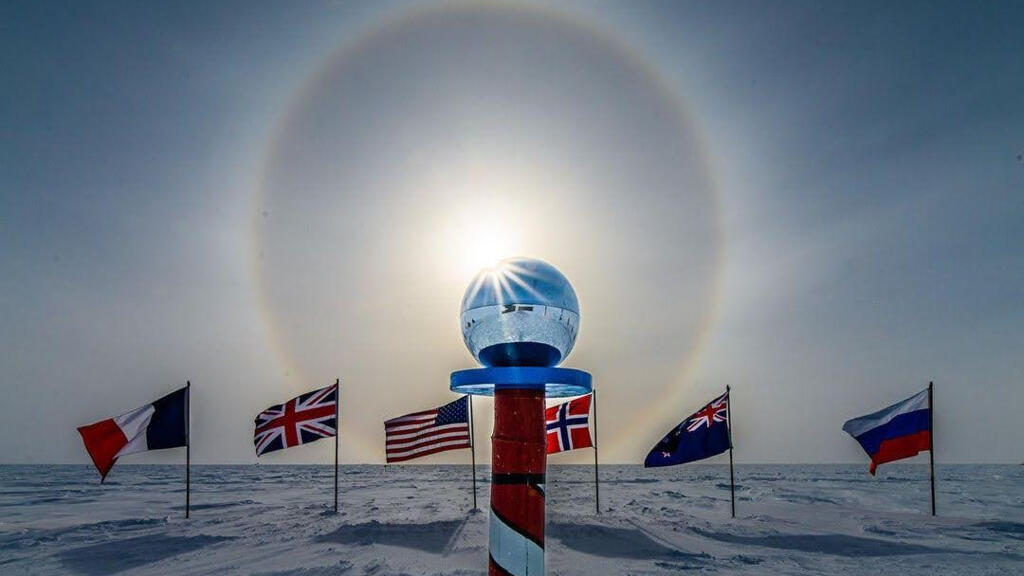Antarctica is Earth’s only uninhabited continent, home to the South Pole, and subject to a delicate balance of cooperation between key players. So what is at stake in the world’s southernmost region?
Ordinarily, little disturbs the peace of the white continent – inhabited only temporarily, by the scientists and support staff who come and go to work at its various research stations.
When news emerged this week that a member of a South African research team at one of Antarctica’s remote bases has been put under psychological evaluation after allegedly assaulting and threatening colleagues – who sent an email to authorities pleading to be rescued – it served to highlight the fragility of that peace.
A few weeks prior, another visit acted as a reminder of the cooperation and collaboration required when it comes to the continent – around the world, far removed from its bases, as well as inside them.
On 3 January, Chile’s President Gabriel Boric reached the American Amundsen-Scott station – the first leader in the Americas to visit the South Pole.
It was a visit Boric said reaffirmed Chile’s claim to sovereignty over part of the Antarctic, reminding the rest of the world that his country remains “the world’s main gateway to Antarctica”.
In defence of international agreements over the continent, he added that it “is and must remain a continent of science and peace”.
It was a trip that “fits President Boric’s profile well,” his compatriot Miguel Salazar, who has a doctorate in political science and international relations from Science Po Paris and has written a thesis on the Antarctic, told RFI.
